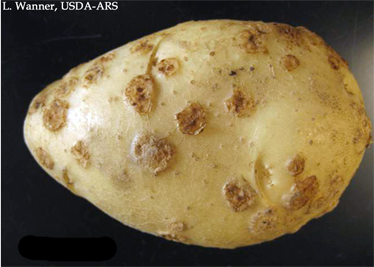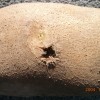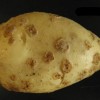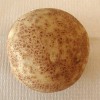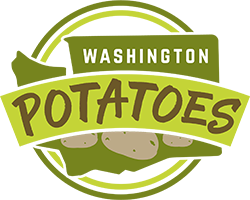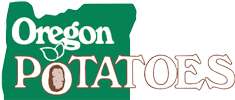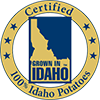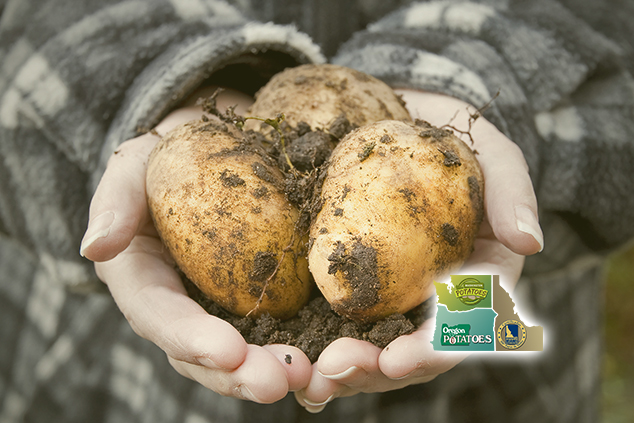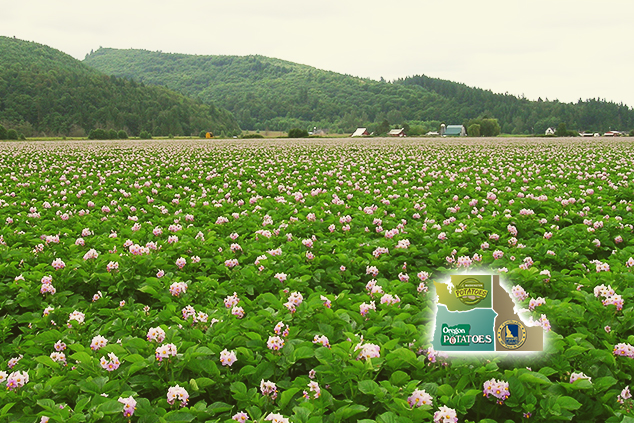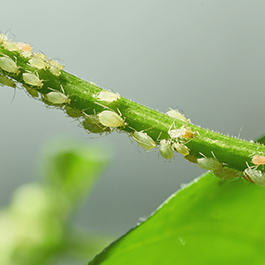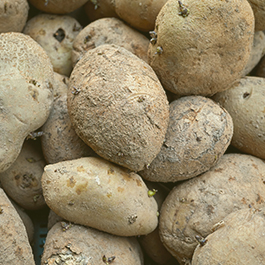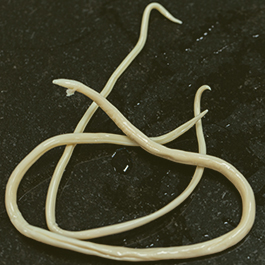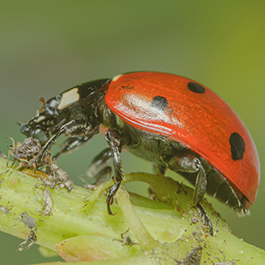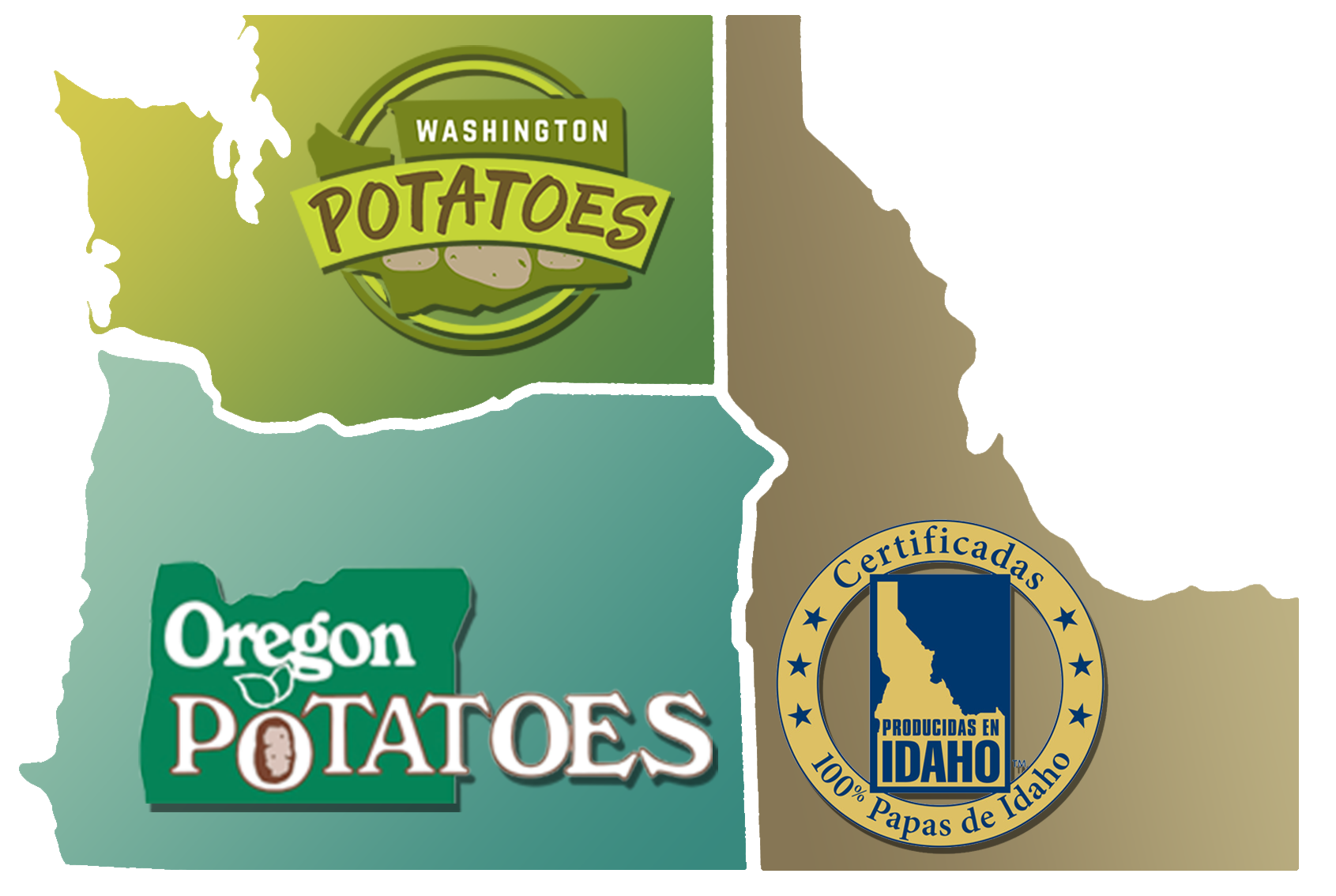Common Scab
Causal Agent:
Common scab is caused by several species of Streptomyces, a genus of bacteria that is present in all soils in huge numbers.
Biology:
Most soils contain bacteria capable of causing potato scab, but exactly what conditions bring on symptoms is not fully understood. Scab-causing bacteria are constantly changing the arrangement of genes in their DNA, which may explain some inconsistency in field management.
Management:
- Reliable strategies are not known for scab prevention under all conditions.
- Avoid planting scabby seed tubers.
- Plant varieties with scab resistance when possible.
- Avoid application of soil amendments that increase soil pH.
- A generally healthy crop may help reduce scab intensity on tubers.

